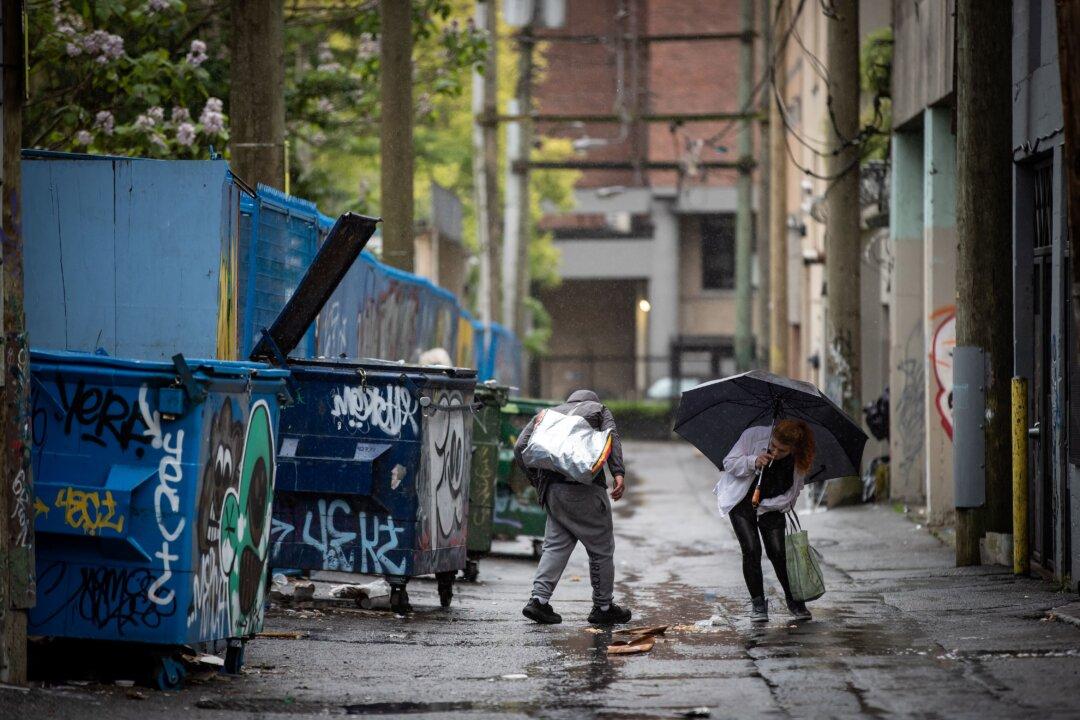Research by the federal government’s Privy Council Office (PCO) finds that the B.C. residents it surveyed are largely negative about the decriminalization of small amounts of certain illegal hard drugs for personal use in their province.
A PCO public opinion research report asked members of the South Asian diaspora living in Metro Vancouver and Interior British Columbia their views on the opioid crisis and the prevalence of opioid addiction in their communities, as first reported by Blacklock’s reporter on Aug. 23.





